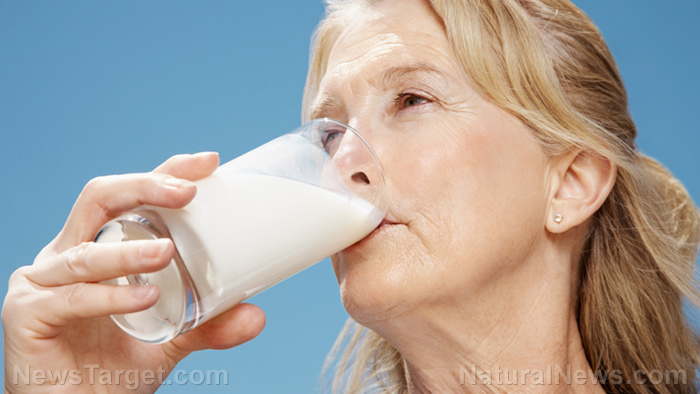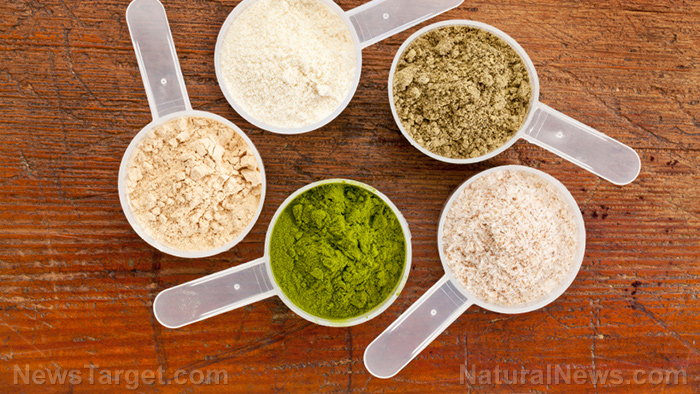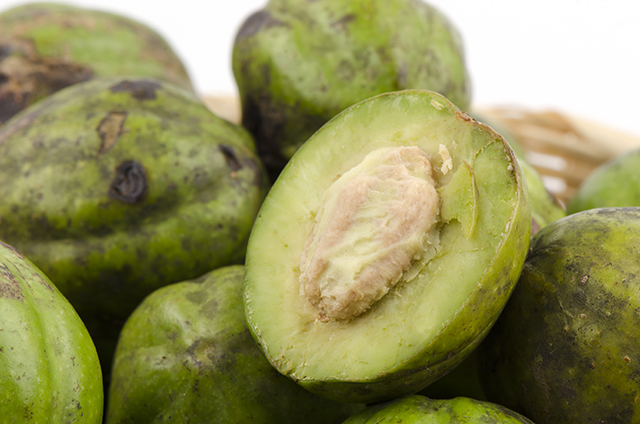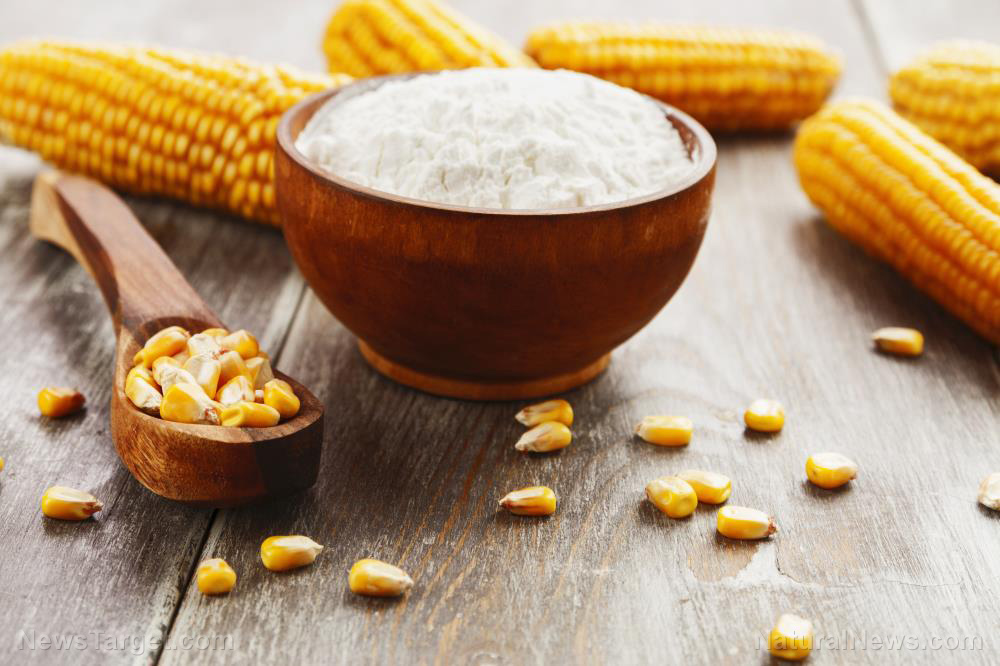Drinking low-fat or skim milk raises the risk of Parkinson’s disease, according to researchers
09/21/2017 / By Frances Bloomfield

The more low-fat dairy a person consumes in a day, the greater their risk of developing Parkinson’s disease, claim researchers from Harvard University. To be precise: Those who consumed at least three servings of low-fat dairy a day had a 34 percent higher chance of acquiring the disease than those who consumed less than one serving daily.
The researchers came to this conclusion after they assessed 25 years of data on almost 130,000 people; 80,736 women from Harvard Medical School’s Nurses’ Health Study and 48,610 men from the Health Professionals’ Follow-up Study. Participants answered surveys on their health every two years, and surveys on their diet every four years. At least 1,036 people developed Parkinson’s disease during the course of the study.
Following this, the researchers analyzed the kind of dairy consumed by each person, which included milk, cheese, yogurt, cream, butter, and ice cream. They found that drinking more than one serving of skim milk and low-fat milk a day increased the likelihood of Parkinson’s disease by 39 percent. The consumption of sherbet, a frozen dessert with a low amount of milk fat, was linked to a moderately increased risk of the disease. By contrast, no association was found between Parkinson’s disease and full-fat dairy, such as whole milk.
“Our study is the largest analysis of dairy and Parkinson’s to date,” study co-author Katherine Hughes told the DailyMail.co.uk. “The results provide evidence of a modest increased risk of Parkinson’s with greater consumption of low-fat dairy products. Such products, which are widely consumed, could be a modifiable risk factor for the disease.”
On why full-fat dairy is less of a risk factor than the low-fat variety, experts have speculated that this may be due to saturated fats hindering the process that eliminates urates from the body. In their study, they wrote: “A substantial body of evidence suggests that urate may be protective against Parkinson’s disease. The lack of association with full-fat dairy products could be due to counteracting effect of saturated fats.”
Urates are salts derived from uric acid which tend to build up in the body when they cannot be metabolized properly. Though high amounts of urates are linked to conditions like gout, the researchers believe that urates can also serve as protective molecules against Parkinson’s disease.
Because of this, raw milk may be the best variety of milk currently available. Raw milk is teeming with milk’s natural, beneficial components that are unable to survive pasteurization. Apart from containing saturated fats, raw milk is full of natural helpful bacteria, food enzymes and vitamins, such as vitamin K and E. One notable substance in raw milk is conjugated linoleic acid (CLA), a trans-fatty acid that’s been found to fight deteriorating medical conditions. These all contribute to a healthier body that is more resistant to diseases like hypertension, osteoporosis, and yes, Parkinson’s disease. (Related: Raw Milk is a Complete and Balanced Food.)
Speaking to the DailyMail.co.uk, Claire Bale of Parkinson’s UK said: “It’s really important to point out that the risk of developing Parkinson’s was still very low – around one in 100 – even in those who consumed lots of dairy, so there is no reason for people to make changes to their diet based on this research.”
Regardless, it couldn’t hurt to make replace low-fat milk or skim milk with raw milk. You can’t go wrong with milk full of friendly gut bacteria, B-complex vitamins, and so much more.
Visit MindBodyScience.news for other news stories about health.
Sources include:
Tagged Under: dairy, disease, low-fat milk, natural diet, neurodegenerative disease, nutrients, Parkinson's Disease, raw milk, skim milk




















